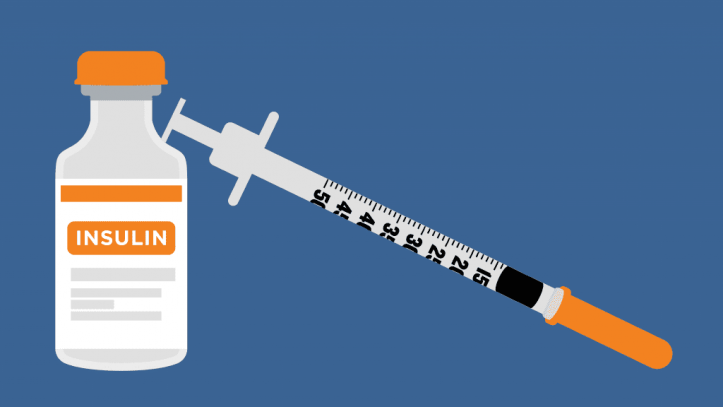What is Insulin? Insulin is an insulin-like peptide hormone produced primarily by pancreatic islets; however, it is also considered to be the most important hormonal hormone of the human body, controlling the carbohydrate metabolism of the body by stimulating the consumption of glucose in the bloodstream into fat, liver, and other tissues. It stimulates the utilization of protein by the liver and secreting additional quantities of glucose into the bloodstream to provide the body with energy.
There are many causes of diabetes mellitus, the term used to describe the development of abnormally high or low glucose levels in the bloodstream. Diabetes can develop either independently or in combination with another condition such as hypoglycemia or hypertension. The onset of diabetes is usually caused by too much carbohydrate consumption without the appropriate activity level or physical exertion. As the disease progresses, glucose levels in the bloodstream rise and eventually become dangerously high, causing the patient to feel extremely thirsty, and fatigued, as well as irritable and cranky. This is also a symptom that may signal the onset of insulin resistance, whereby the pancreas produces excessive amounts of insulin to try to control the glucose levels.

Insulin is secreted in the absence of physical activity or mental alertness. The pancreas produces insulin by using the protein present in the human blood as a fuel source. In order to obtain this fuel source, the pancreas produces a hormone called insulin. When carbohydrate consumption is increased sufficiently, the liver secretes more insulin to enable the body to use glucose to produce fuel. The production of insulin is stimulated by the amino acid, glycine. Glycine is synthesized by the liver in a two-step process which involves the use of glycerol and arginine as precursors.
When the pancreas secretes excessive amounts of insulin, glucose is driven into cells where it is stored as glycogen. When the blood sugar levels drop after the pancreas secretes more insulin, glucose is returned to the bloodstream and transported to vital organs for energy production. The liver will convert glucose into glycogen for future use when it is needed. When cells require energy, they consume glucose, which is stored in glycogen.
High blood sugar, or hypoglycemia, is caused when blood glucose levels are too low and the pancreas cannot secrete adequate amounts of insulin. Hypoglycemia is normally reversible because the kidneys can remove excess glucose out of the bloodstream. Excess glucose is stored as fat in the liver and may also be deposited in joint spaces. When too much glucose is deposited in the bloodstream, the brain signals the pancreas to secrete short-acting insulin, which can only bring glucose into the bloodstream and back to the nerve cells that sense pain.
When the pancreas secretes little or no insulin, the brain tells the liver to use glucose to make fuel (glucose) for the cells. The liver, however, cannot produce insulin itself, so it must rely on stored glucose. When there is too much glucose in the bloodstream, the liver breaks down the glucose and produces ketoacidosis. Ketoacidosis is a condition wherein the brain, lungs, and heart are damaged due to elevated levels of acetone in the bloodstream. It is dangerous and can result in coma and death if not treated in time.
When people with type I diabetes have a problem regulating blood sugar levels, they have what is called an insulin shock. In the past, there was no effective way to treat or prevent insulin shock, but new medications are now available that can prevent or reduce the effects of sudden insulin spikes. These medications, called insulin sensitizers, work by stimulating the insulin receptors on the surfaces of muscle cells, giving the muscle cells enough time to respond and stop the glucose rush. Some people may also experience a form of insulin shock as a result of taking insulin, when the level of their insulin in the bloodstream suddenly dips lower than normal.
If you are insulin resistant, you probably have both short-acting and long-acting insulin. If your blood glucose levels are consistently high, your insulin may be forced to work even harder to keep up. In this case, your cells do not always respond to the stimulus caused by the short-acting insulin, resulting in the accumulation of ketones in the bloodstream and eventually in ketoacidosis. This may lead to life-threatening complications.